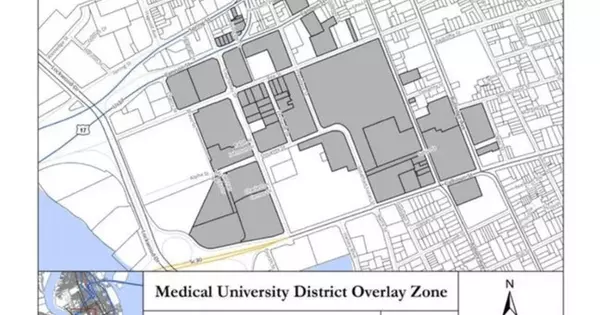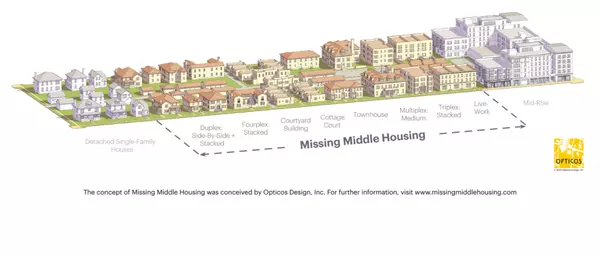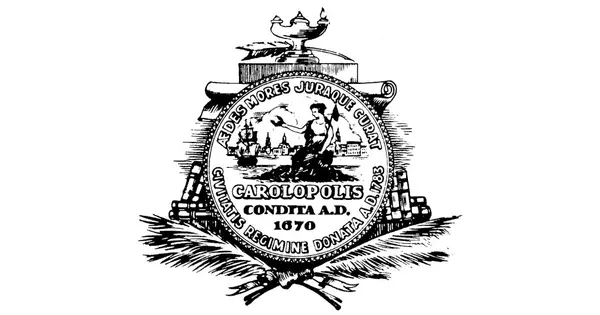Dealing with Squatters and Adverse Possession in South Carolina
Dealing with Squatters and Adverse Possession in South Carolina
Of all the unwelcome surprises that can occur on your property, squatters are probably near the top of that list. Here’s everything you need to know about squatters' rights, adverse possession, and the eviction process in South Carolina.
Understanding Squatters vs. Trespassers
Squatters and trespassers may seem similar at first glance, but there's a key difference:
- Trespassers: Enter the property unlawfully but with no intention of staying long-term.
- Squatters: Settle on a property intending to occupy it over an extended period.
Adverse Possession: What It Takes for Squatters to Claim Property Rights
To claim adverse possession in South Carolina, squatters must meet the following conditions:
- Continuous Occupation: The property must be occupied continuously for 10 years.
- Improvements Made: Squatters must make improvements to the property.
- No Requirement to Pay Taxes: There's no requirement to have paid property taxes.
Federal Possession Requirements:
In addition to South Carolina’s specific requirements, there are five federal criteria that must also be met:
- Hostile Possession: Occupying the property without the owner's permission.
- Actual Possession: Squatters must physically possess the property.
- Open and Notorious Possession: Squatters must live openly on the property.
- Exclusive Possession: The adverse possession claim must be by a single individual or family.
- Continuous Possession: The occupation must be uninterrupted for the entire 10-year statutory period.
Color of Title and Unused Properties
South Carolina also honors color of title, meaning a squatter can still claim adverse possession if they cannot produce a valid title but the owner did not protest their presence during the statutory period. Squatters can only claim adverse possession if the property wasn't in use when they moved in.
Holdover Tenants vs. Squatters
Holdover tenants are those who remain after their lease ends. If they're not paying rent, they're considered trespassers. If they continue to pay rent and the landlord accepts it, they become tenants-at-will. After 10 years of unpaid residence following the end of their lease, they could potentially claim adverse possession.
Eviction Process in South Carolina
Evicting squatters is a lengthy process. Here’s an overview:
- Eviction Notice: Deliver a notice (typically 5, 7, or 14 days).
- Eviction Lawsuit: File a lawsuit with the court if they refuse to leave.
- Hearing: Attend a hearing to present your case.
- Order to Show Cause: If necessary, request this order to get a court hearing.
- Writ of Ejectment: If successful, file this writ, giving the squatter 24 hours to vacate.
- Sheriff’s Enforcement: The sheriff forcibly removes squatters if they don't comply.
Tips and Tricks to Prevent Squatters
-
Visit Often: Visit the property regularly and take timestamped photos to prove active use.
-
Build Neighborly Relationships: Get to know neighbors to keep an eye on your property.
-
Pay Taxes Promptly: Staying current with taxes reinforces your legal ownership.
-
Use "No Trespassing" Signs: Although opinions are mixed, they can deter potential squatters.
-
Offer a Rental Agreement: In some cases, offering a reduced-rate rental can help.
Final Thoughts
Dealing with squatters is a challenge, but staying proactive and informed can help prevent adverse possession claims. If you're considering selling your property or need advice on eviction procedures, contact me for assistance. And remember, consult local authorities for specific legal advice regarding squatters.
Do you have any wild squatter stories from South Carolina or elsewhere? Share them in the comments!
Categories
Recent Posts










GET MORE INFORMATION


